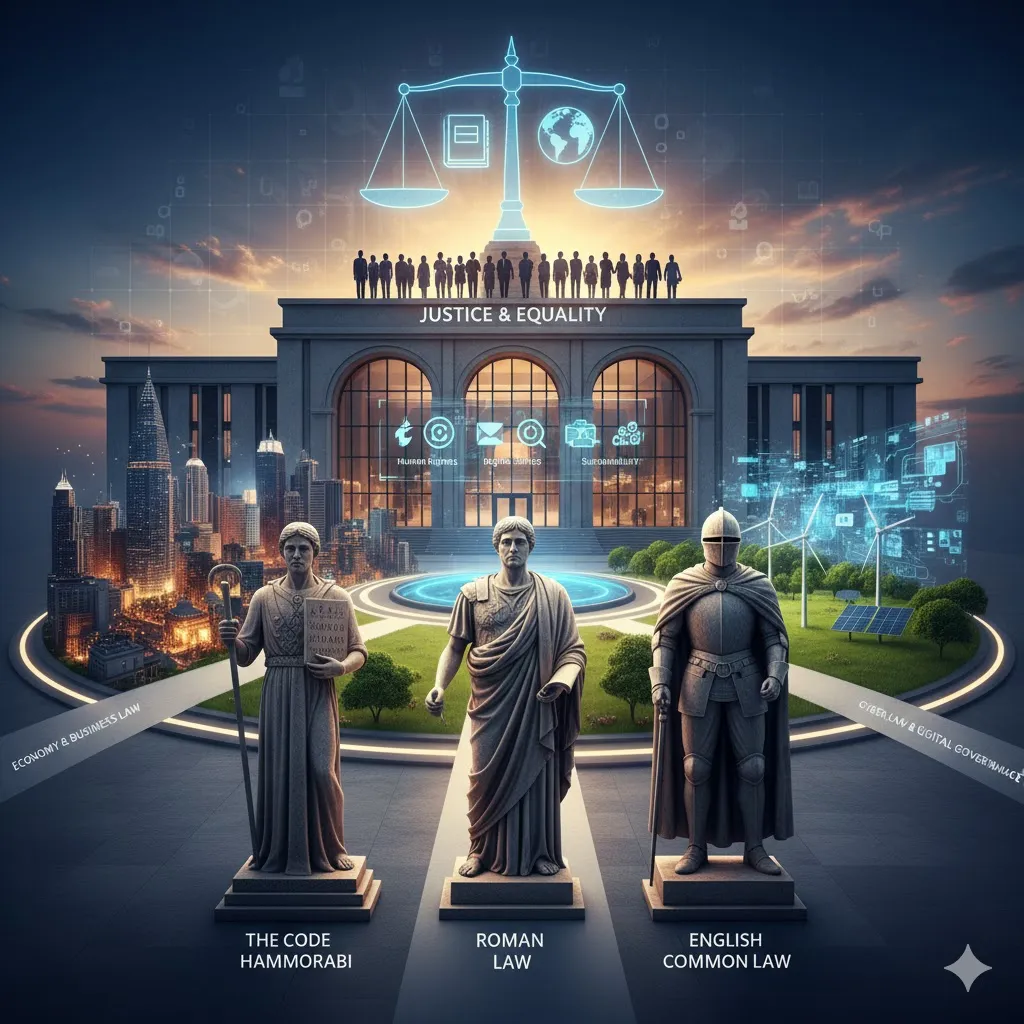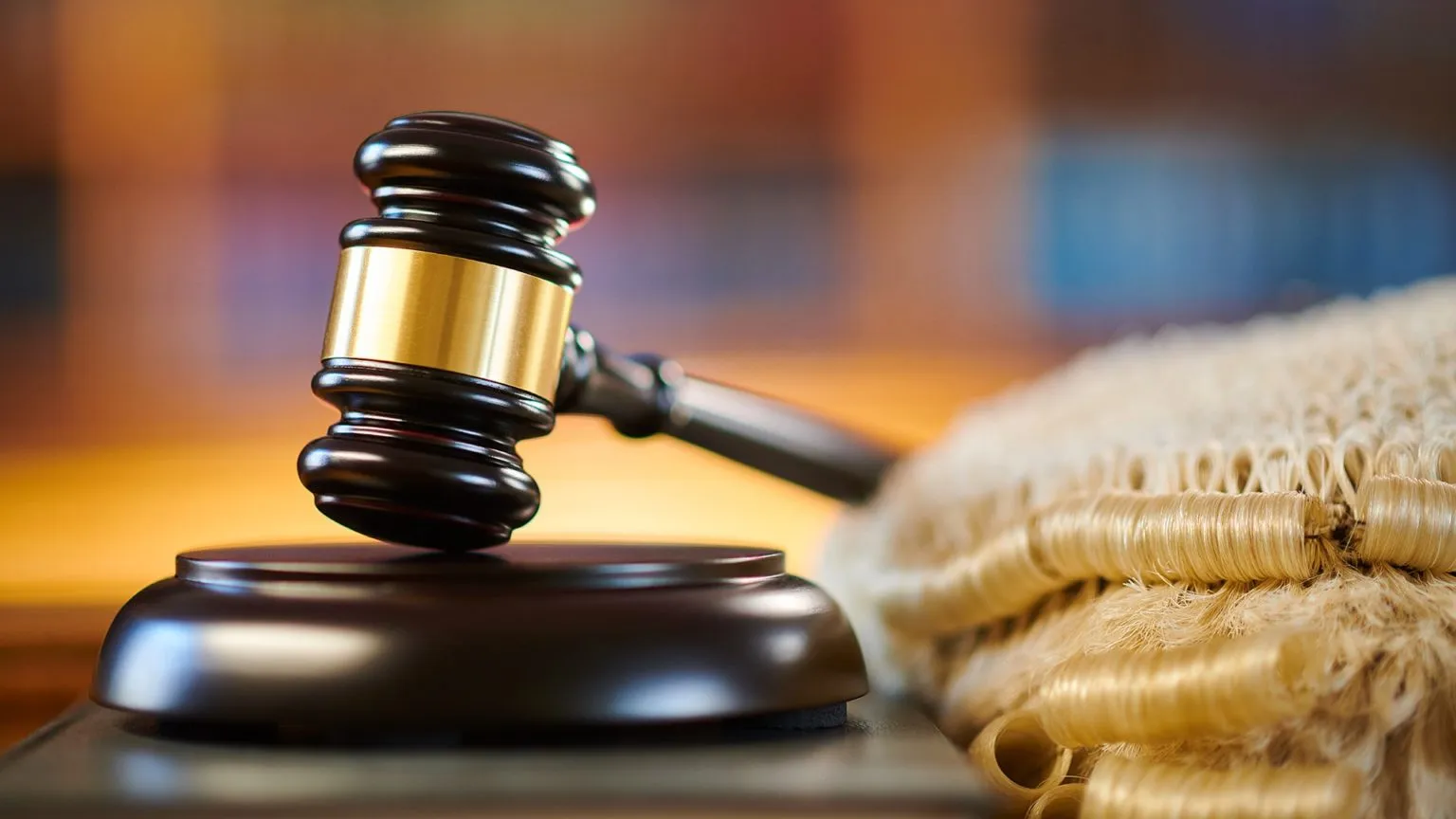International Law: Building Peace, Justice, and Cooperation Among Nations
Introduction
In an increasingly interconnected world, the concept of law extends far beyond national borders. The rules that govern the behavior of states, organizations, and individuals on the global stage are known as international law. Unlike domestic law, which is enforced by a single government, international law relies on cooperation, diplomacy, and shared values. It serves as the backbone of peacekeeping, trade, human rights, and global justice. Understanding international law is essential in a world where one nation’s actions can affect the entire planet.
1. The Origins and Evolution of International Law
Early Beginnings
The idea of international law began centuries ago, when ancient kingdoms made treaties on war, trade, and diplomacy. However, the modern concept took shape in the 17th century with the Peace of Westphalia (1648), which established the principle of state sovereignty — that each nation has the right to govern itself without external interference.
The Birth of Modern International Law
In the 19th and 20th centuries, as global trade expanded and conflicts intensified, nations recognized the need for shared legal standards. After the horrors of two World Wars, organizations like the United Nations (UN) and International Court of Justice (ICJ) were created to maintain global order and enforce international law.
2. The Purpose and Function of International Law
Key Objectives
The goals of international law are both practical and moral:
- Preserve peace – Prevent wars and resolve disputes through diplomacy.
- Promote justice – Hold individuals and states accountable for wrongdoing.
- Protect human rights – Defend the dignity and freedom of every person.
- Facilitate cooperation – Encourage trade, environmental protection, and cultural exchange.
The Role in Global Stability
Without international law, there would be no clear rules for how countries interact. It creates predictability and trust among nations, allowing them to resolve conflicts without violence.
3. The Sources of International Law
International law does not come from a single authority. Instead, it arises from multiple sources recognized by the Statute of the International Court of Justice (Article 38).
Main Sources
- Treaties – Formal agreements between states (e.g., the Paris Climate Agreement).
- Customary international law – Practices that have become legally binding through long-term acceptance.
- General principles of law – Universal legal ideas recognized by civilized nations.
- Judicial decisions and scholarly writings – Used to interpret and clarify laws.
Example
For instance, the Geneva Conventions establish rules for the humane treatment of prisoners and civilians during war — a cornerstone of humanitarian international law.
4. The Main Branches of International Law
International law covers a vast range of topics that reflect the complexity of global interactions.
Major Branches
- Public international law – Deals with relations between states and international organizations.
- Private international law – Resolves conflicts of law in cross-border disputes involving individuals or corporations.
- Humanitarian law – Regulates conduct during armed conflict to protect civilians.
- Environmental law – Focuses on global efforts to combat pollution and climate change.
- Trade and investment law – Governs global economic cooperation and fair competition.
Each of these branches plays a crucial role in maintaining harmony and fairness in an interconnected world.
5. The Role of the United Nations in International Law
UN as a Global Institution
The United Nations (UN) is the central organization responsible for promoting and enforcing international law. It provides a platform for countries to discuss global challenges peacefully.
Key UN Bodies
- The International Court of Justice (ICJ) – Settles legal disputes between states.
- The Security Council – Maintains peace and authorizes collective action.
- The General Assembly – Establishes international norms and conventions.
Through diplomacy and legal mechanisms, the UN plays a vital role in preventing war and upholding justice worldwide.
6. International Courts and Tribunals
The International Court of Justice (ICJ)
Located in The Hague, the ICJ is the principal judicial organ of the UN. It hears cases involving disputes between states and gives advisory opinions on legal questions.
The International Criminal Court (ICC)
Separate from the ICJ, the ICC prosecutes individuals accused of genocide, war crimes, and crimes against humanity. It sends a strong message that even leaders are not above the law.
Other Tribunals
There are also specialized courts, such as:
- The International Tribunal for the Law of the Sea (ITLOS)
- The World Trade Organization (WTO) Dispute Settlement Body
- The European Court of Human Rights (ECHR)
These institutions collectively uphold global justice and enforce international law in specific areas.
7. Human Rights and International Law
Protecting Human Dignity
One of the greatest achievements of international law is the global recognition of human rights. After World War II, the Universal Declaration of Human Rights (1948) set a standard for all nations to follow.
Key Instruments
- International Covenant on Civil and Political Rights (ICCPR)
- International Covenant on Economic, Social and Cultural Rights (ICESCR)
- Convention on the Rights of the Child (CRC)
These treaties ensure that all people — regardless of nationality, gender, or background — are entitled to freedom, equality, and protection from abuse.
Human Rights in Practice
International law also provides mechanisms for individuals to bring complaints before international bodies, empowering victims of injustice to seek redress beyond their own country.
8. International Law and Global Challenges
Climate Change and Environmental Law
In the 21st century, international law faces new frontiers. Environmental treaties like the Kyoto Protocol and Paris Agreement aim to reduce global emissions and protect ecosystems.
Cybersecurity and Digital Law
With the rise of technology, international law now must address data privacy, cyberattacks, and artificial intelligence ethics — issues that transcend national borders.
Migration and Refugees
The Refugee Convention (1951) and its protocols establish rights for displaced people and obligations for host countries. They reflect the moral dimension of international law — the duty to protect the vulnerable.
9. Enforcement and Limitations of International Law
Challenges of Enforcement
Unlike domestic law, international law lacks a centralized enforcement mechanism. It relies on:
- Voluntary compliance by states.
- Political and economic pressure.
- Diplomatic negotiation and sanctions.
Power and Politics
Sometimes, powerful nations ignore international rulings, creating tension between legal ideals and political realities. Despite these challenges, international law continues to evolve, strengthened by global cooperation and public opinion.
10. The Future of International Law
Toward a Global Legal Order
As globalization deepens, nations are becoming increasingly interdependent. Future international law will likely focus on shared governance — managing global commons like the internet, oceans, and outer space.
Technology and Justice
Digital tools, artificial intelligence, and blockchain may soon revolutionize how treaties are made and enforced, making international law more transparent and efficient.
Building a Peaceful World
Ultimately, the success of international law depends on human values — cooperation, respect, and justice. It reminds us that despite borders, we share one planet and one destiny. The future of law is global, and its purpose remains timeless: to ensure peace, dignity, and fairness for all humanity.
Conclusion
International law is the invisible thread that connects nations and people under a shared vision of justice and peace. It defines how governments behave, protects individuals from abuse, and ensures that cooperation triumphs over conflict. Although it faces challenges of enforcement and politics, international law continues to shape a more stable and ethical world. By respecting these global rules, humanity takes one step closer to lasting peace — not through power, but through the rule of law.











